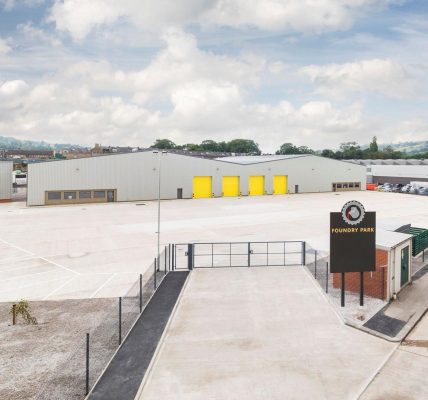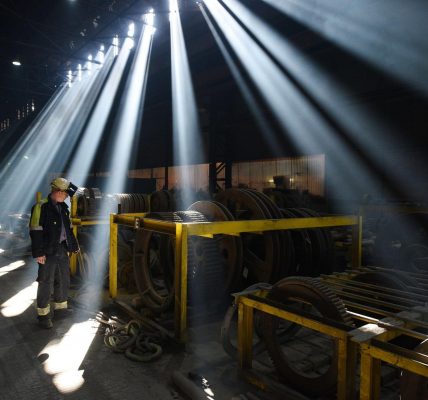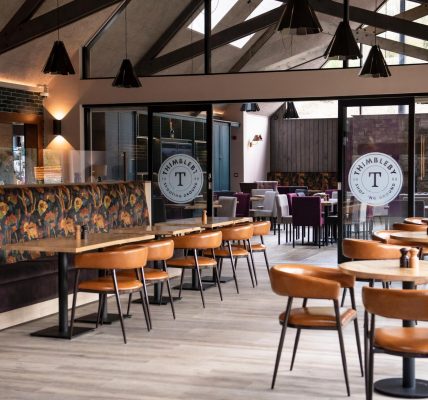How the high street is set to move beyond retail and food – Rashmi Dube
Change is afoot. I can’t help wondering how things will look this time next year.
We are on track with the vaccinations, with some concern over supply in respect of our second rounds and whether mixing the vaccines should be allowed.
The roadmap set out by the Government seems to be going to plan. I am grateful, as I’m not sure how much longer I can continue on the trajectory of lockdown and isolation. We are simply not built that way.
As we all look towards the reopening of our communities in terms of shops and restaurants, I feel we are counting the days to April 12, not just to support local businesses but for our own sanity. Like many of us I suspect, my first stop will be the hairdressers.
This is with the backlight of our high street, both retail and restaurants, showing “foreclosure” signs and “space to rent” – with large spaces left empty due to the disappearances of the likes of Debenhams and Carluccio’s. Those that are continuing to forge ahead are looking to limit their haemorrhaging, as seen with John Lewis revealing it is to close eight stores, including two in US.
What does this mean for our towns and high streets? In Leeds there are, of course, plans to redevelop the Debenhams building to create a combination of commercial units and student accommodation, together with a wellness garden and a sky lounge bar. A beautiful idea but what about the elderly?
Surely there is scope for city centres to covert commercial buildings and create retirement community space. A good plan for landlords to consider.
Although not all pubs and restaurants have the luxury of outdoor space, most are trying to make the most of the situation. It’s not easy. The choice is “do we open or remain closed?” Not really a choice for many businesses today. The decision of course all depends on how much terrace space you can get. But restaurant and pub reservations are being reported as already soaring, which is one thing we have seen in this pandemic – the consumer’s attitude towards spending has changed.
With so many of us still working from home with a slow move back to the office and restrictions on travel, shopping local has become a priority.
The urban combined with the rural look is coming to the city centres; where we will see a combination of the outdoors with more green parks, reduced traffic and a new approach to being inclusive in the use of the high street. This of course throws in another question on business rates and rental charges. Landlords in particular will need to understand flexibility and agility.
Having the mindset of long-term leases and high rents could be becoming a relic of the past. As we open our doors and start on a long journey back into our communities, everyone will need a helping hand. Looking at places where Top Shop have left vacant spaces, landlords need to think creatively and consider inviting organisations such as indoor rock climbing or skiing. These are all going to be done on a trial basis and the quicker the landlords understand this, the easier it will be for change to occur.
The emotional element of our high street should also not be forgotten. Going to any city centre is a day out, a social gathering of friends and family visiting department stores and then staying in the city for a meal. As we change, we need to remember this aspect of the visit – the social, the building of memories, all within an hour of travel.
What is required is a review and a rethink of the future, but not limited in terms of retail and food. We need to work with all partners within the communities and at all age levels to partner up and invigorate the cultural and leisure options to create a balance and a reform of the old. This move is inevitable and the question is who is on board? If you are not in the room having a discussion on this, your voice will simply not be heard.
The business community, local councils, culture and leisure arena need to work together and think about our future needs of the community as a whole.










